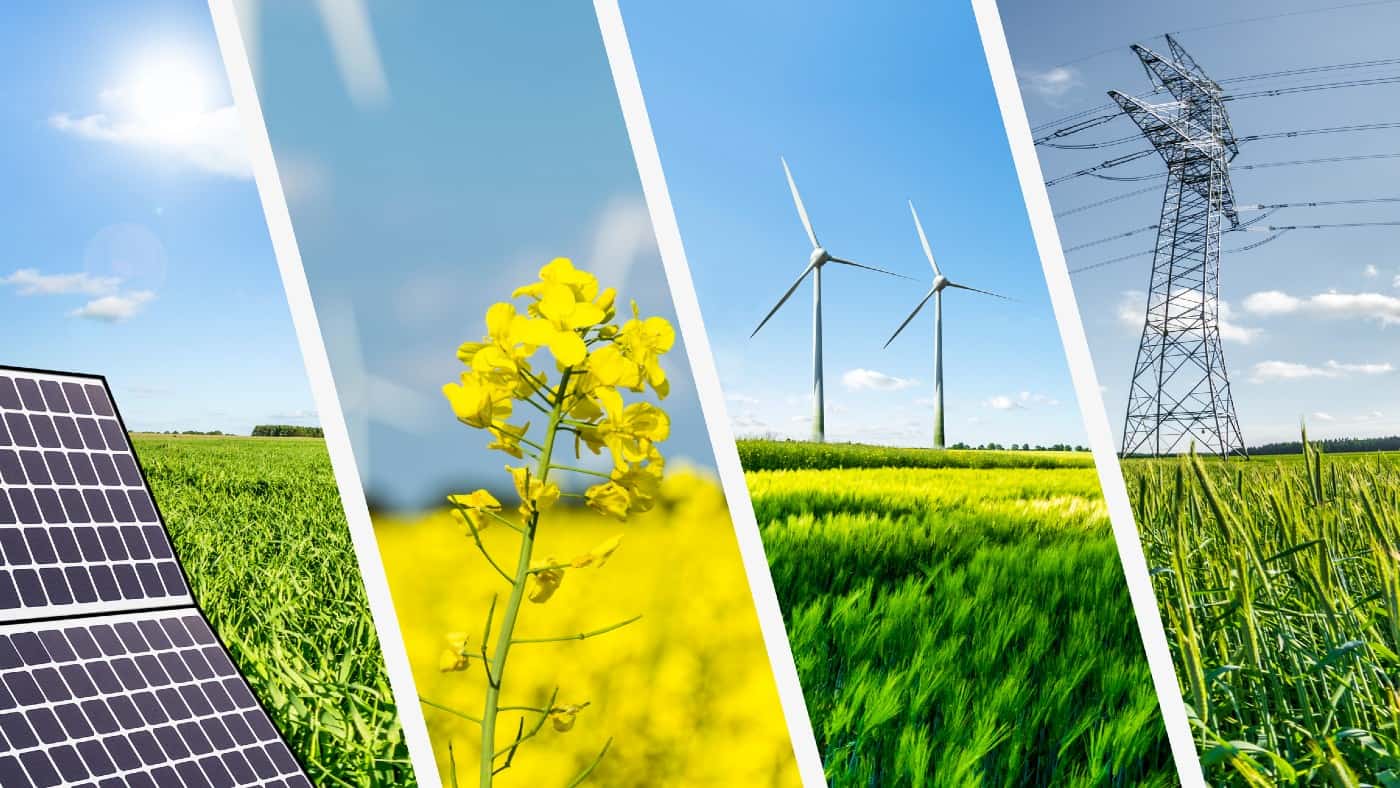In the present economic backdrop, I am not interested in chasing the next hot growth stock. What I am looking for are companies with strong economic moats together with a long history of increasing dividends. Enjoying monopoly status and with an unblemished track record of hiking dividends, National Grid (LSE:NG.) shares tick all the boxes in this respect.
Dividend champion
For the financial year ending March 2023, analysts are forecasting a dividend per share (DPS) of 54p. At today’s share price of £10.30, that equates to a yield of 5.2%.
It is worth noting that the stock is trading ex-dividend, which means I won’t receive the full payout. However, I am not so concerned with that. Of more importance to me is the growth and sustainability of the dividend.
By 2025, analysts are predicting that DPS will hit 57.5p. That would increase the yield to 5.6%. Both figures are comfortably ahead of the FTSE 100 average of 3.7%.
However, dividend cover looks particularly shaky. At only 1.2 times earnings that suggests to me that if future earnings disappoint, the yield might not be sustainable.
Decarbonisation
What I particularly like about National Grid is that it offers me a relatively risk-free way of investing in the green economy. Decarbonisation of the energy system stands at the forefront of the UK’s net zero ambitions. Out to 2026, the company is expecting to invest £29bn in this space.
It has slowly been pivoting itself away from gas and toward electricity transmission and distribution. It recently acquired Western Power Distribution, the largest distribution network operator in the UK. This acquisition is already starting to bear fruit. Half-year underlying profits rose 44%.
Indeed, I see electricity distribution as a high-growth area during this decade. Net-zero will be a consumer-led revolution through the adoption of low-carbon technologies. As a result, electricity demand profiles and consumer behaviour will dramatically change, over a very short period.
Capital investment across its distribution business reached £584m in the half, following a 10% increase in customer connections. The proliferation of technologies including heat pumps and EV charging facilities is going to result in exponential growth in this area.
Net debt
One notable concern is that net debt has increased 9% in just six months. This has been driven by a £3.9bn capital investment programme to support the energy transition. The strong dollar relative to the pound exacerbated this position.
As interest rates continue to rise throughout 2023, servicing this debt is going to increase. Net finance costs presently stand at £732m, up £221m. As more and more of its debt comes up for renewal, it will need to be refinanced at a higher rate.
Despite this concern, there are very few companies in the FTSE 100 that offer such long-term visibility on income streams. Asset growth of 8-10% per annum, driven by low-carbon technology uptake, should drive average underlying earnings per share growth of 6-8% per annum. For me, therefore, National Grid shares are a no-brainer buy to add to my existing stake later this month.







